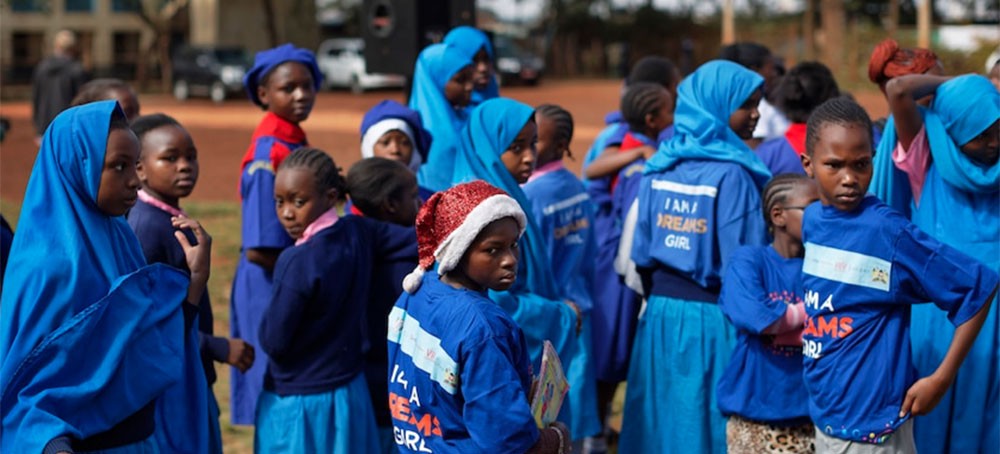Live on the homepage now!
Reader Supported News
That horrific outcome never happened. Millions of Africans finally got access to affordable AIDS drugs, thanks in large part to the U.S. President’s Emergency Plan for AIDS Relief (PEPFAR). The ambitious initiative, launched by President George W. Bush, celebrates its 20th anniversary this weekend. Over the past two decades, PEPFAR has saved 25 million lives by providing more than $100 billion in funding for AIDS prevention and treatment.
Now, progress toward controlling the AIDS epidemic is threatened. Economic crises have cut into international funding for HIV/AIDS and other global health priorities. Today, the world spends less fighting the disease than it did 12 years ago, yet almost 40 million people are HIV-positive — most of them women and girls — and more than 600,000 people die from AIDS-related causes every year. And countries around the world are contending with multiplying challenges: infectious diseases, hunger, soaring energy prices, extreme weather, war and more.
Facing tough choices, leaders must appreciate the incredible return on investments in health innovation. U.S. policymakers can build on PEPFAR’s remarkable progress and save millions more lives by continuing their bipartisan support for global health programs, including congressional reauthorization of PEPFAR by September of this year.
In his January 2003 State of the Union address, Bush told Congress that the 97 percent drop in the price of AIDS treatment made it possible to “lead the world in sparing innocent people from a plague of nature.” He requested $15 billion over five years to create an initiative to prevent and treat the disease; it passed Congress with overwhelming bipartisan support.
Since then, I’ve been lucky to see what AIDS drugs can do as they lower the amount of virus in people’s bodies. When PEPFAR was just getting off the ground, I would visit clinics and meet healthy people carrying photographs of what they looked like when they were seriously ill just a few months before. They called this transformation the “Lazarus effect.”
PEPFAR’s impact over the past 20 years goes beyond lives saved. For example, in 2000, the AIDS burden took a heavy toll on African economies. Millions of people couldn’t work. Millions of children stopped going to school. Since then, Africa’s economic growth has averaged almost 5 percent per year. Between 2003 and 2019, the poverty rate dropped by more than one-third. Getting control of the AIDS epidemic was hardly the only factor that drove this progress, but it wouldn’t have been possible without programs such as PEPFAR.
And then came covid-19. The systems PEPFAR supports — for training health workers, reaching people in remote communities and collecting and analyzing health data — were immediately repurposed to help countries respond to the pandemic. We now know how quickly disease outbreaks spread across borders. By equipping countries to detect and respond to them, PEPFAR investments safeguard the health of people the world over.
Bush summed it up well when he said: “Seldom has history offered a greater opportunity to do so much for so many.”
And PEPFAR could do so much more. There are amazing innovations in the pipeline, such as CAB-LA, the first injectable long-acting prophylaxis, that could make it much easier for people to protect themselves from infection.
Because HIV is no longer a death sentence, it can be easy to underestimate the dangers it poses. In the long term, we must find an HIV vaccine (potentially using mRNA technology) or even a cure for AIDS, which, based on advances in gene therapy, could be as little as 10 or 15 years away. Until then, we must continue to find and treat people living with the virus.
This will not be possible without the continued leadership of the United States — which includes the reauthorization of PEPFAR this year.
Follow us on facebook and twitter!
PO Box 2043 / Citrus Heights, CA 95611


No comments:
Post a Comment